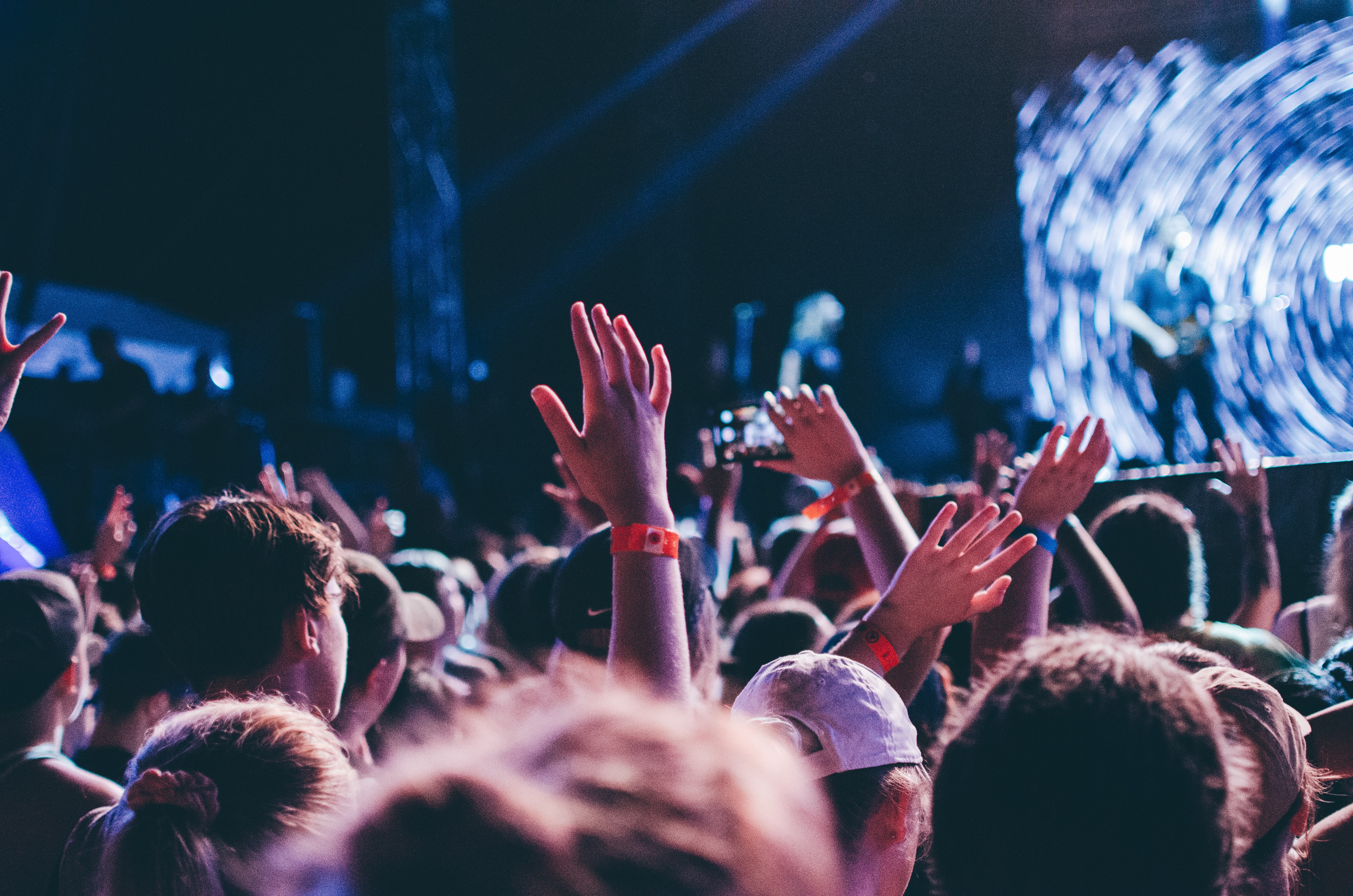
In the 1970s, Led Zep and The Ramones propelled Jimmy Page and Johnny Ramone to fame, whereas Johnny Marr and John Frusciante provided the riffs for their respective bands in the century’s penultimate decade. Even with the new millennium looming, the ‘90s produced their fair share; Kurt Cobain became the guitar-wielding anti-hero of grunge America whilst, across the Atlantic, the battle for Britpop pitted Noel Gallagher and Graham Coxon head-to-head in one of music’s most famous rivalries.
But this stream of guitar icons appears to have dried up since the turn of the century. How many guitarists now stand out from the crowd, known by all for their instrumental proficiency? You might say Alex Turner of Arctic Monkeys, Nick Valensi of The Strokes or Serge Pizzorno from Kasabian. But Alex Turner is as much all-round frontman as ‘guitar hero’, whilst I presume that only Nick and Serge are really known by fans of the band. The key to explaining why no one guitarist has reached the prominence of the likes of Eddie van Halen, Ronnie Wood or Jeff Beck lies, I think, in the music that has been popular since 2000.
Turn back to 2001. Brit-pop’s macho holler had long gone stale whilst grunge died a death over five years earlier, with only the likes of Nickelback still (tenuously) flying that particular flag.
Then along came The Strokes. Their own nonchalant anti-heroism and apparent disinterest killed off Britpop’s bravado, whilst their understated yet sophisticated style rendered punk-pop decidedly childish. Yet, they were huge. Many, myself included, cite their debut, Is This It?, as one of their favourite albums and it is one of the few LPs that I could play all the way through over and over again. The Strokes didn’t need to tell people they were good with outrageous stage performances and over-the-top fret-work; their tracks spoke for themselves. And The Strokes influenced countless bands. It’s no surprise that the massive bands of the 2000’s, such as The Libertines, Franz Ferdinand, even the Arctic Monkeys, did not employ the guitar hero persona, even though many had the talent to fit the bill.
Still, I would argue a few guitar heroes, in the old-fashioned sense of the word, still exist, suitably playing what that kicked it all off in the ‘60s: the blues. For me, Jack White is probably the standout guitarist of the last ten years. Yet he may appear to be the antithesis of previous ‘guitar heroes’: it is simplicity, not virtuosity, that he went for, stripping his sound down to the garage-inspired basics of a single guitar and drum kit. This not only allowed him to grace the understated garage rock/indie scene pioneered by the Strokes, but also place almost all musical emphasis on White’s deft fretwork. The thumping riffs of Elephant in my view mark him out as one of America’s greatest guitarist: he is almost a new breed, making a departure from overt showmanship but still subscribing to the core guitar-based principles of Hendrix, Richards, BB King et al. The same could be said of Dan Auerback who single-handedly has provided the riffs for over five Black Keys albums. There may not be as many around, but by getting back to basics, guitar heroes have not completely disappeared off the face of the planet.
Written by Adam Sumnall
Student at the University of Exeter and resident Smiths enthusiast.
